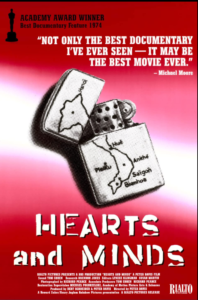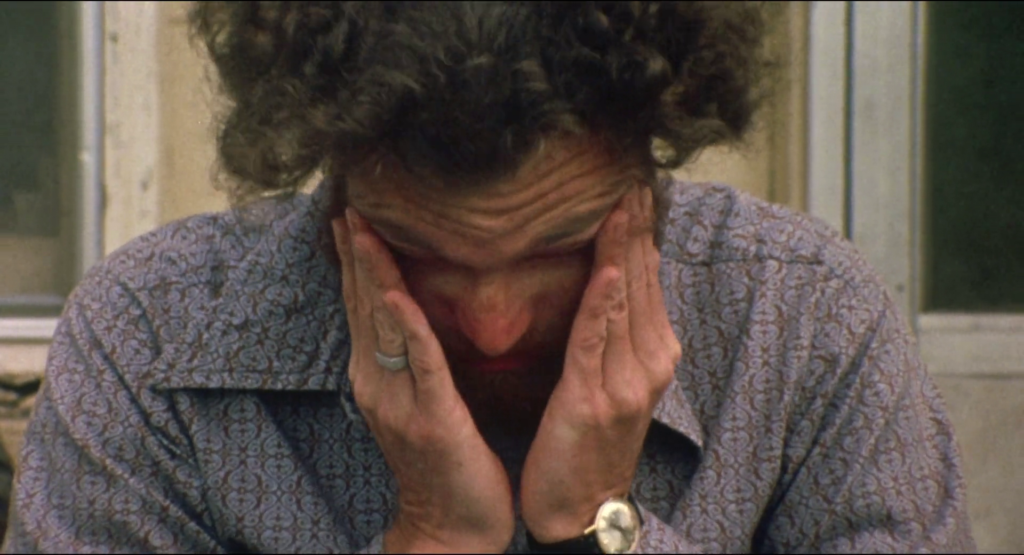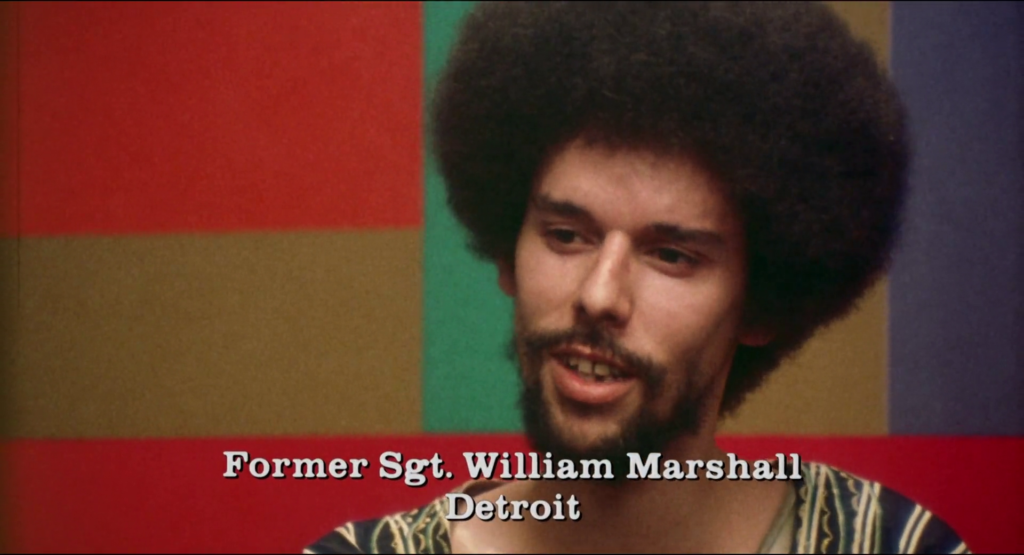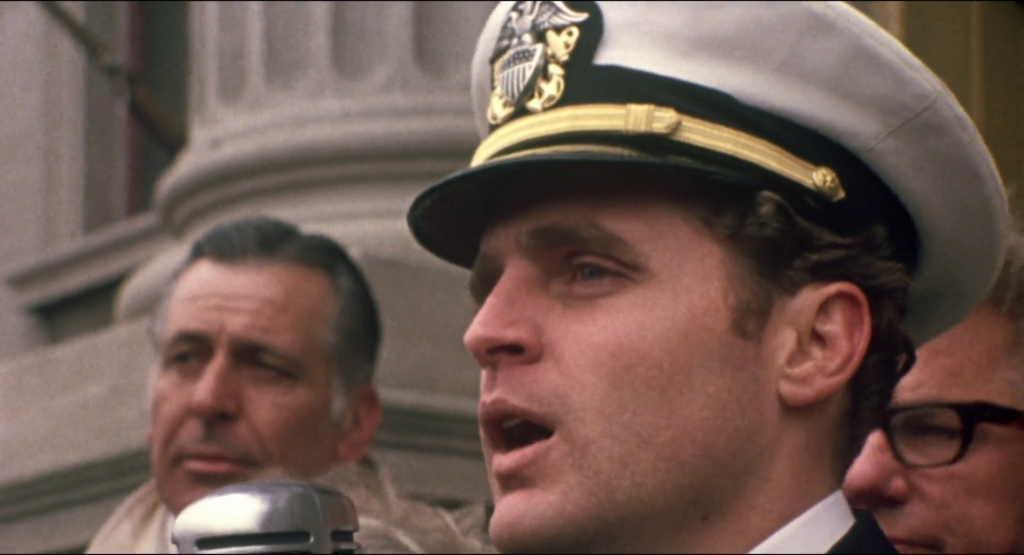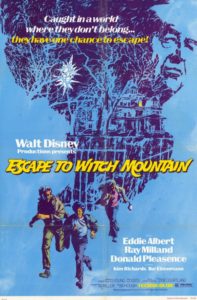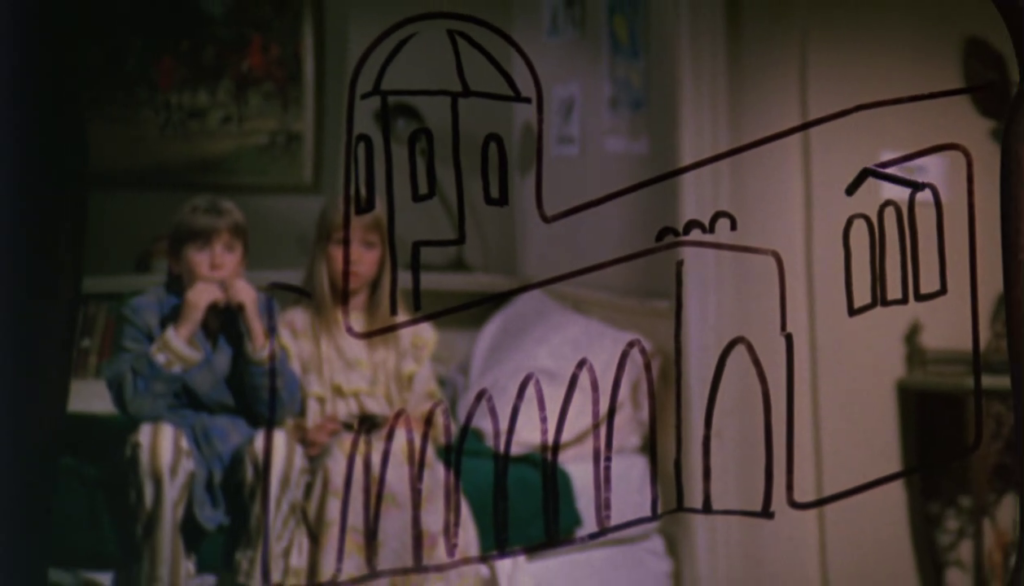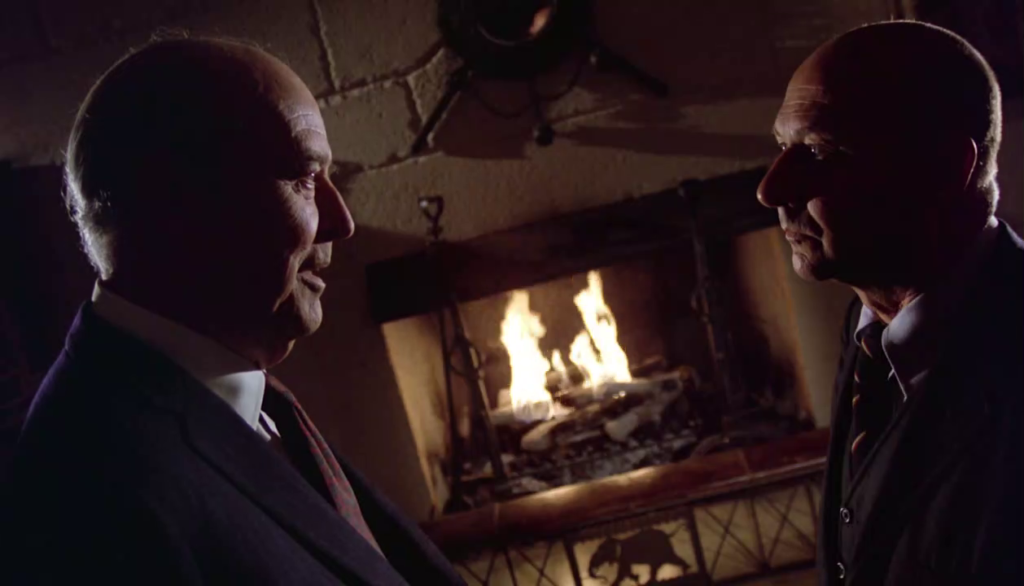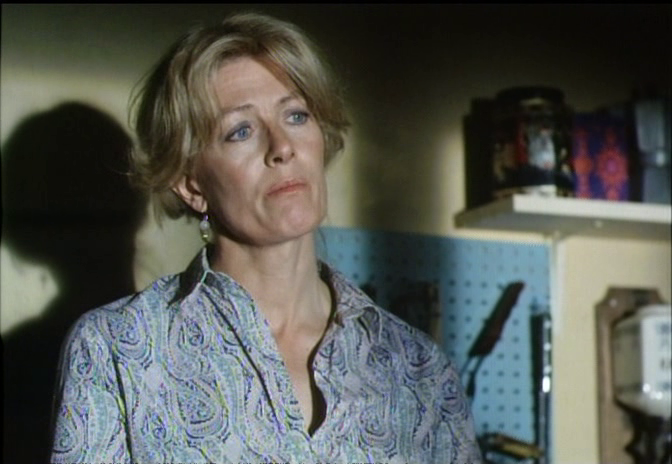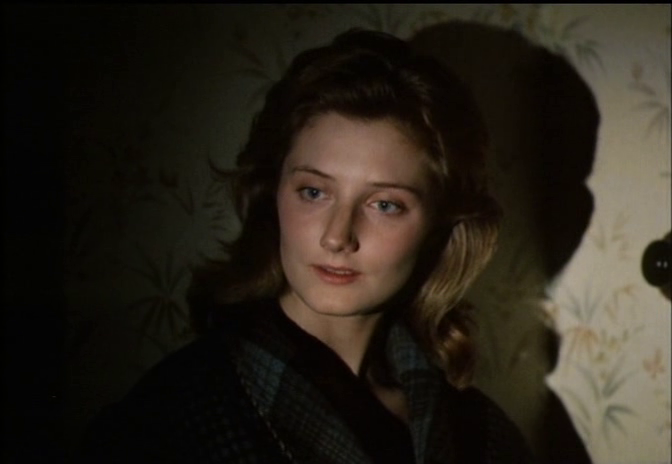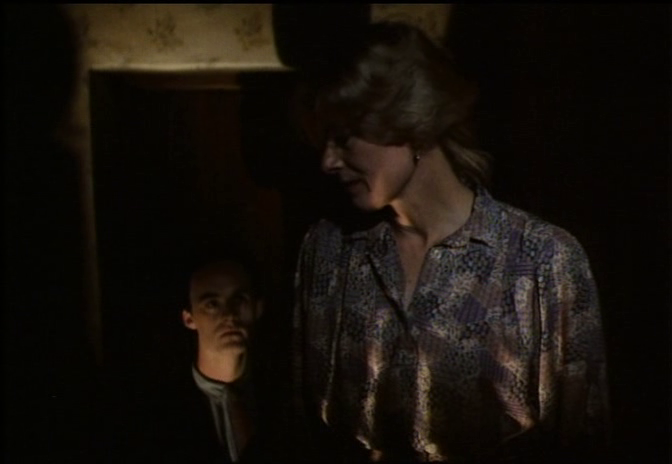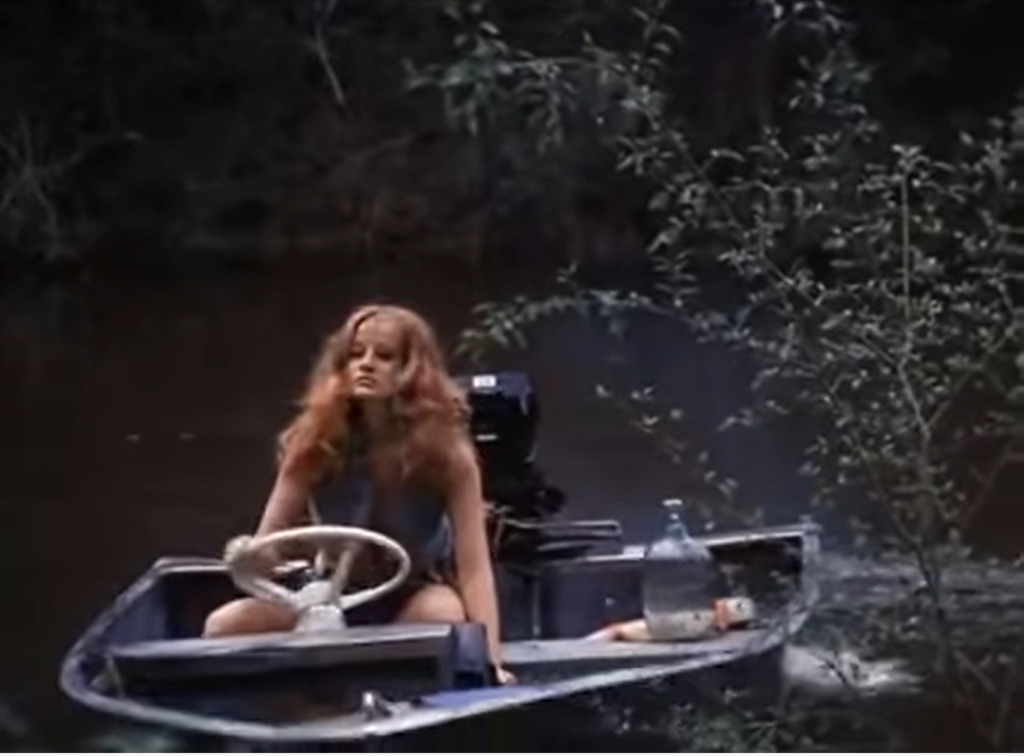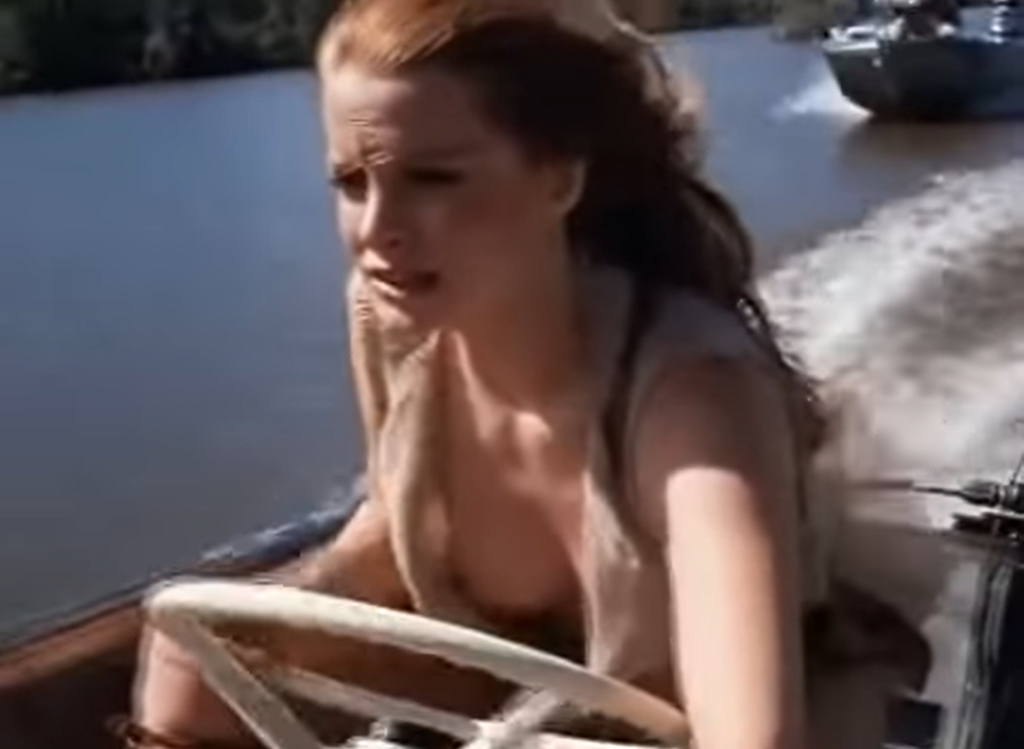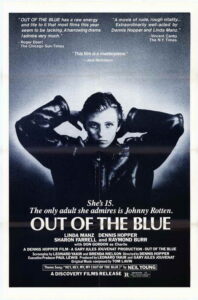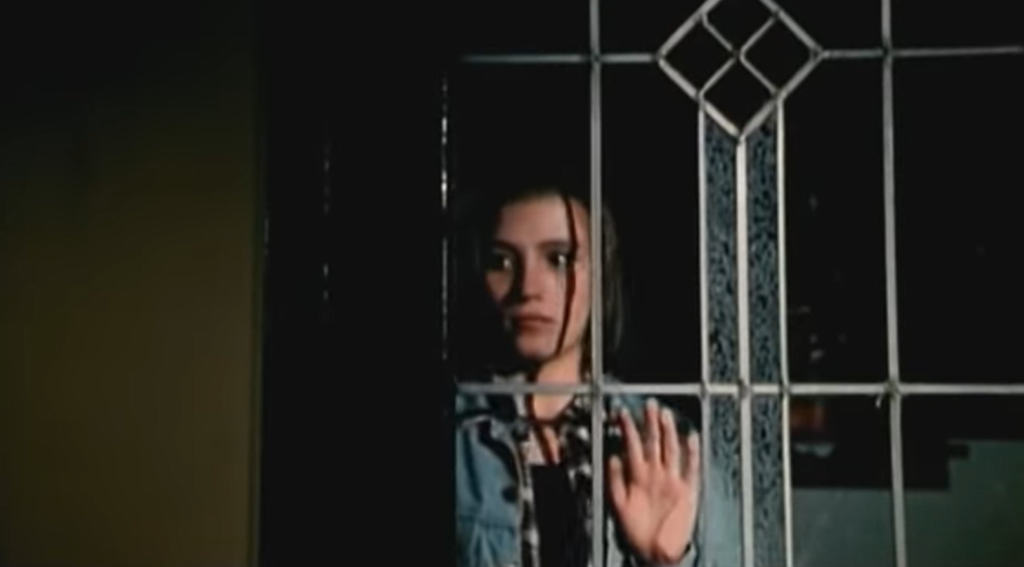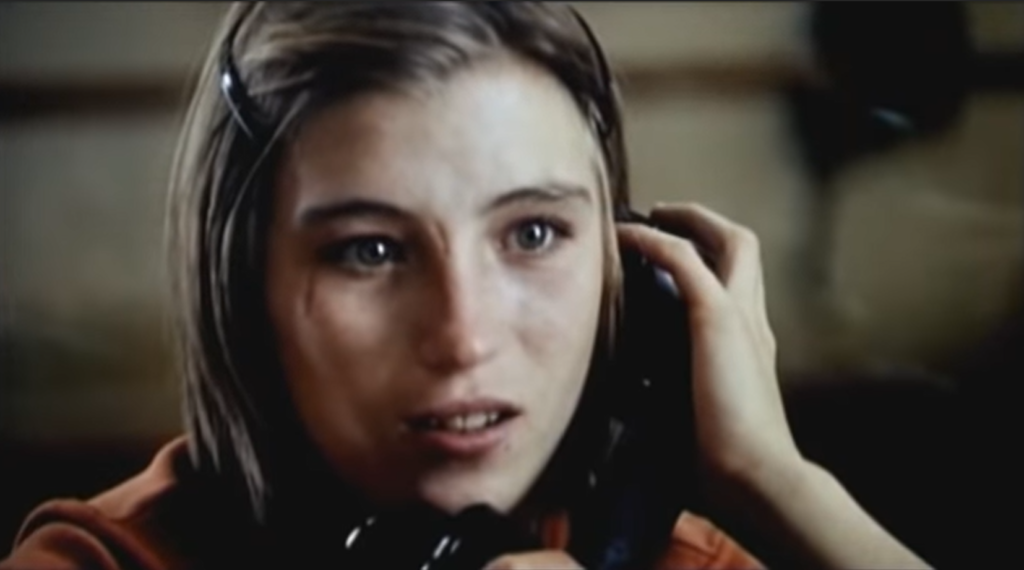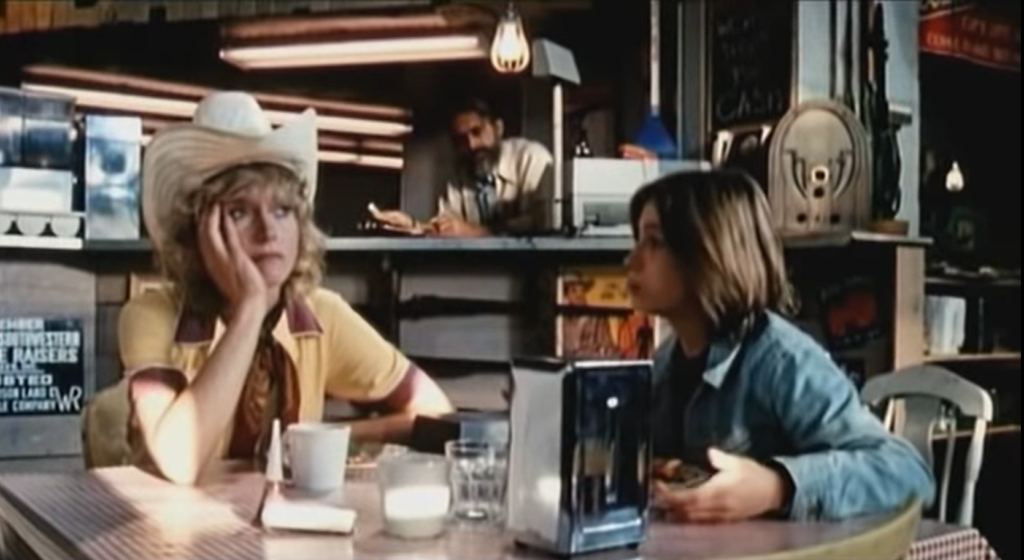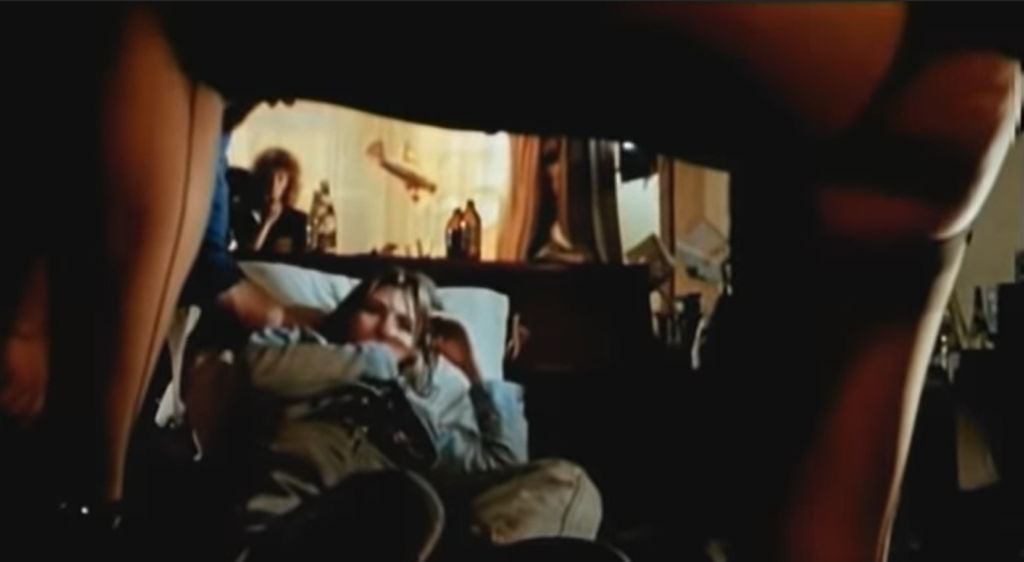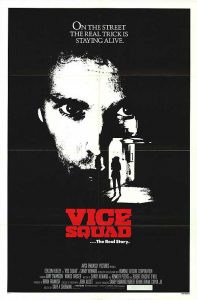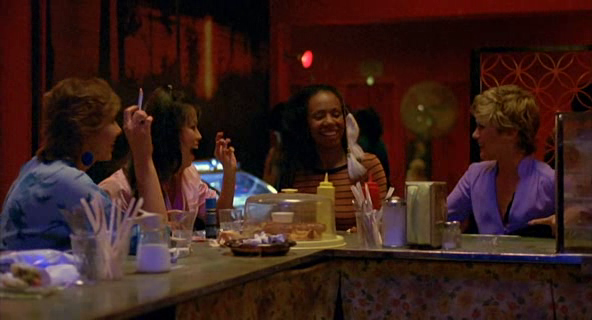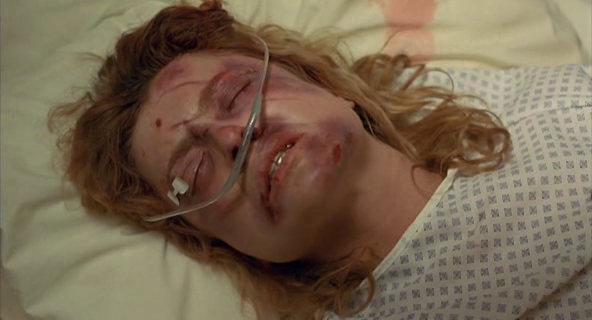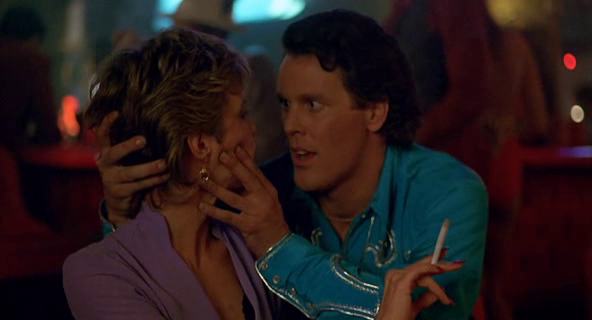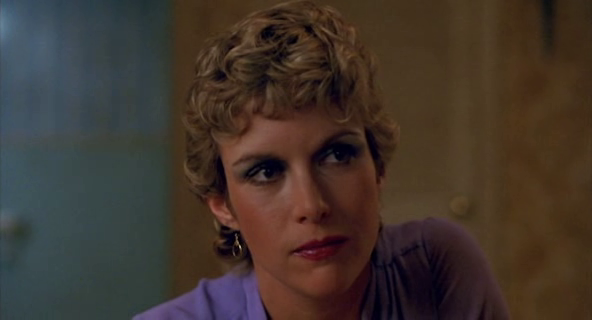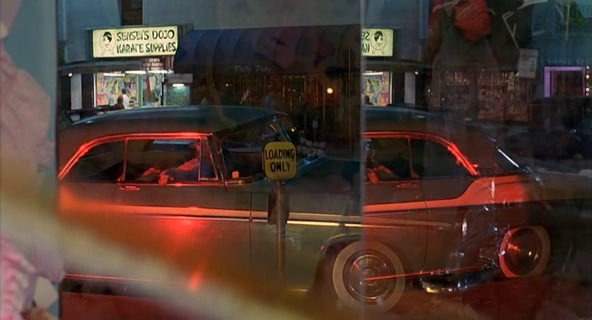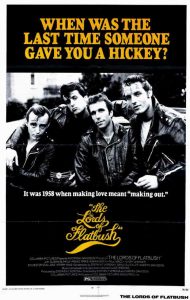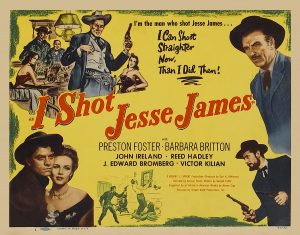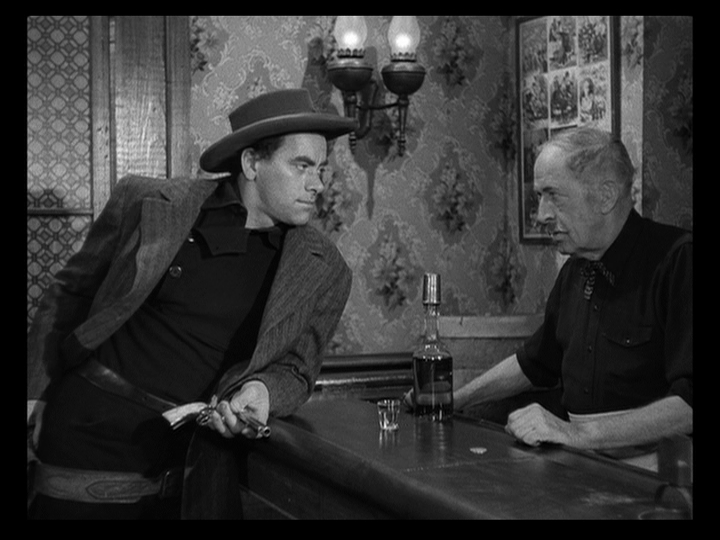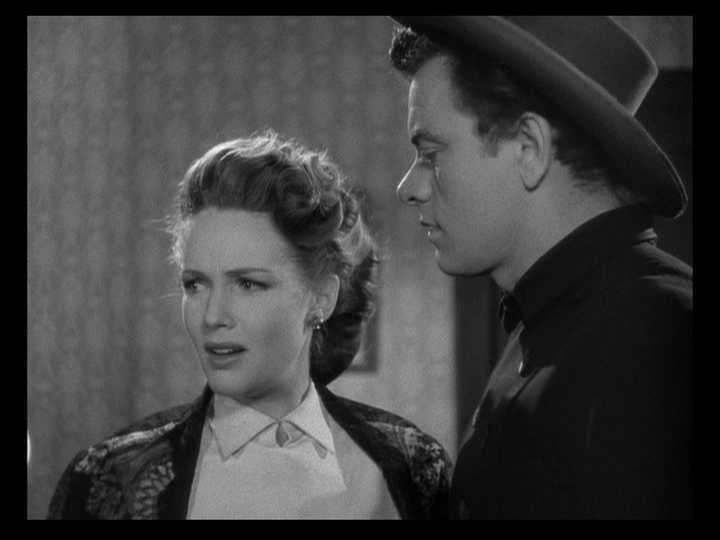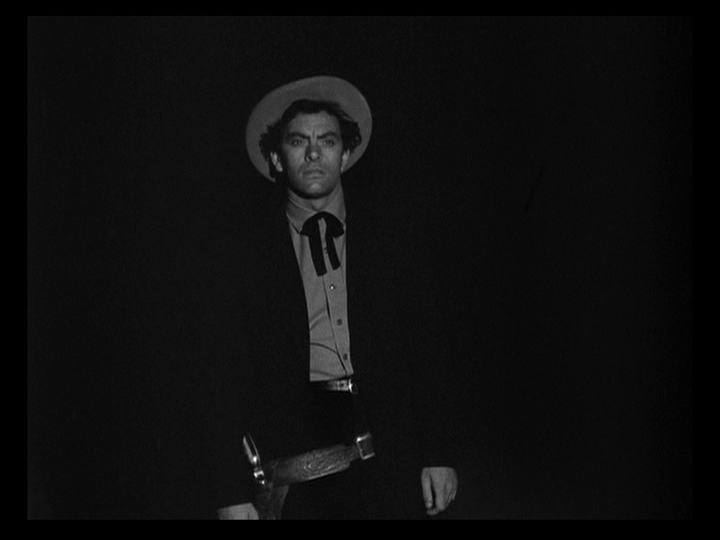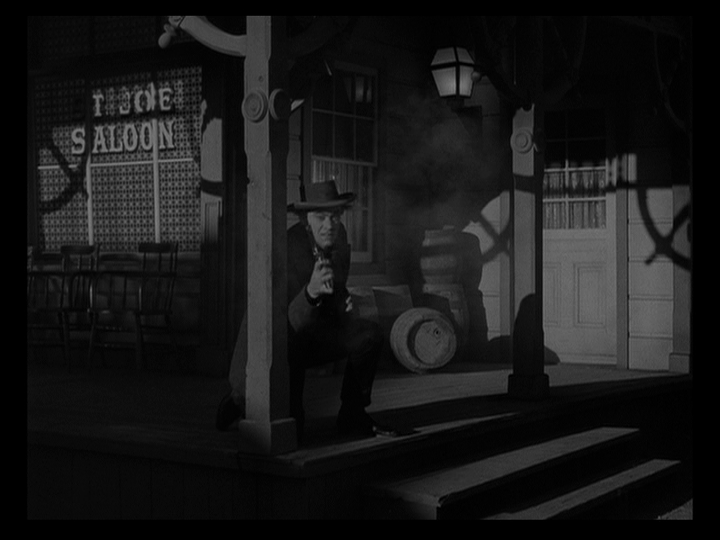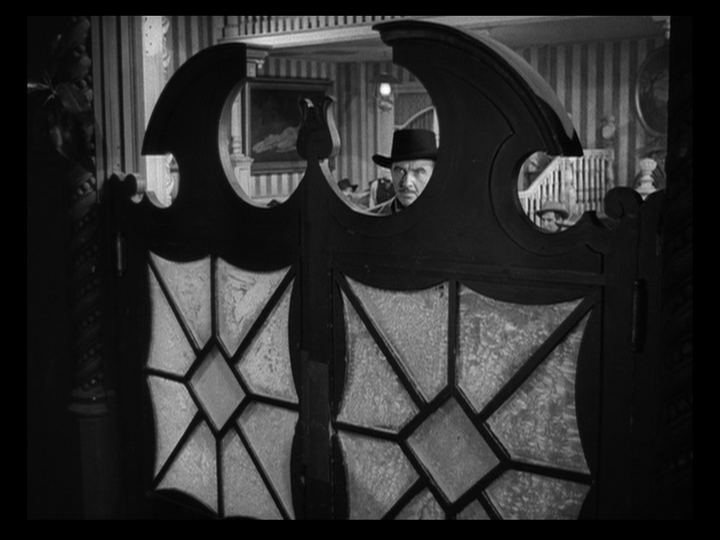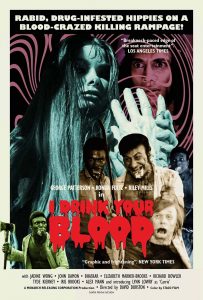Hearts and Minds (1974)
“We weren’t on the wrong side; we were the wrong side.”
|
Synopsis: |
|
Genres, Themes, Actors, and Directors:
Response to Peary’s Review: Having just finished watching Ken Burns and Lynn Novick’s powerful 18-hour docu-series entitled The Vietnam War (2017), I recognized many of the themes presented in Hearts and Minds — though I appreciated seeing them from a much fresher and rawer perspective, before the war itself had come to an end. Indeed, this film was considered “too hot to handle” by financing Columbia Studios, and had to be bought back by producer Bert Schneider in order to be screened. As Peary points out, it’s filled with “much unforgettable footage, properly manipulative editing (such as Vietnamese grieving over their dead, followed by a scene in which [General] Westmoreland says how the Vietnamese don’t care about death the way we do”). Westmoreland’s quote is the most memorably egregious, but others include:
Peary argues that the film makes a strong case for “how deeply rooted are our racism, anti-communism, [and] need to battle an enemy”, and that it’s “not surprising that our solders acted as they did when sent to Vietnam.” Burns and Novick’s mini-series — which all film fanatics (and Americans) should be sure to check out — adds invaluable insight into the soldiers’ perspectives many years later, as they reflect even more deeply on how and why they were able to commit the atrocities they did. Given that Hearts and Minds was made the year before the war finally ended, there were many more years of healing and understanding to come — but as Peary writes, while “today the picture may seem tame… it was as powerful an anti-Vietnam film as had been made until then”, and is certainly must-see viewing. Redeeming Qualities and Moments: Must See? Categories
Links: |
